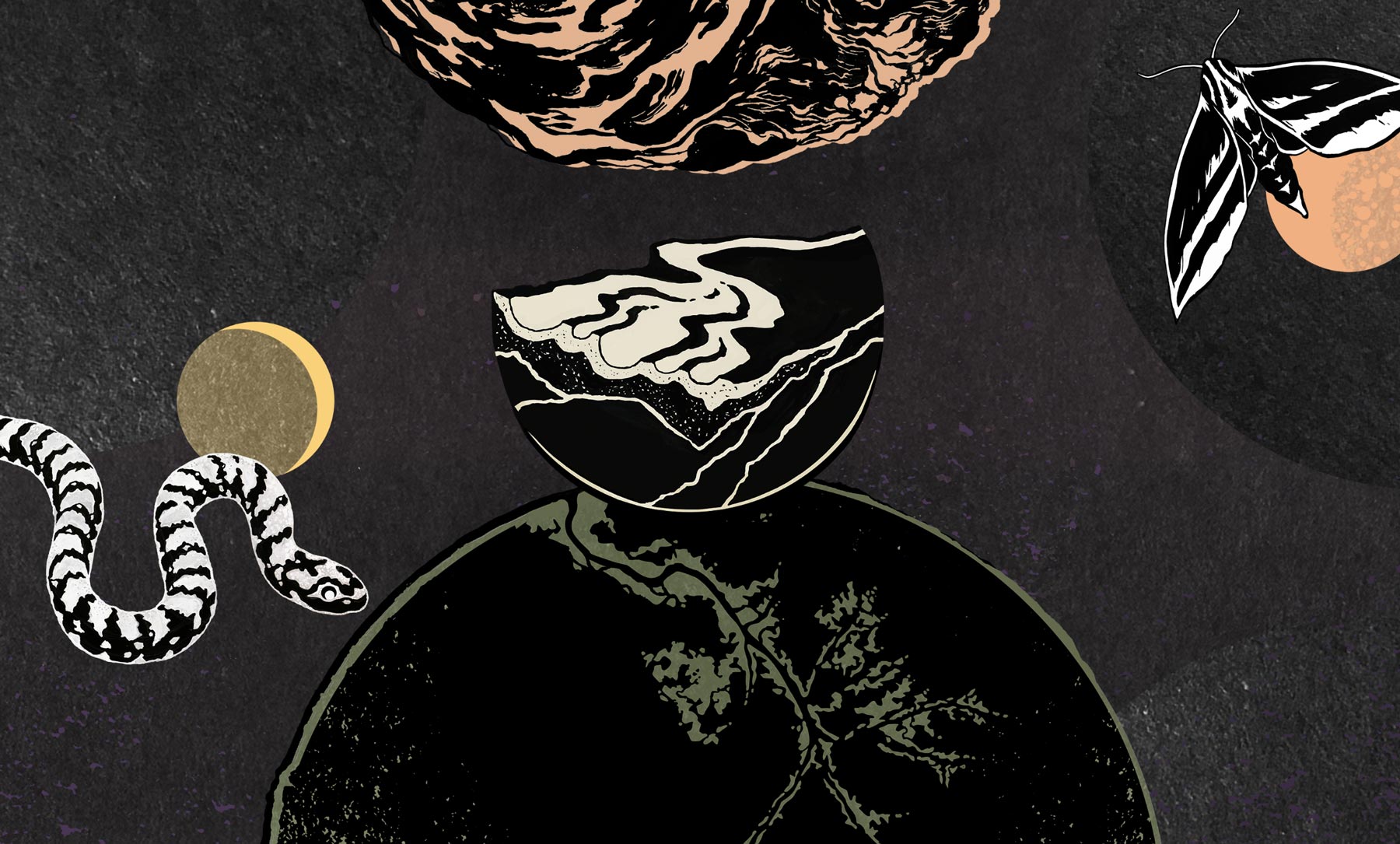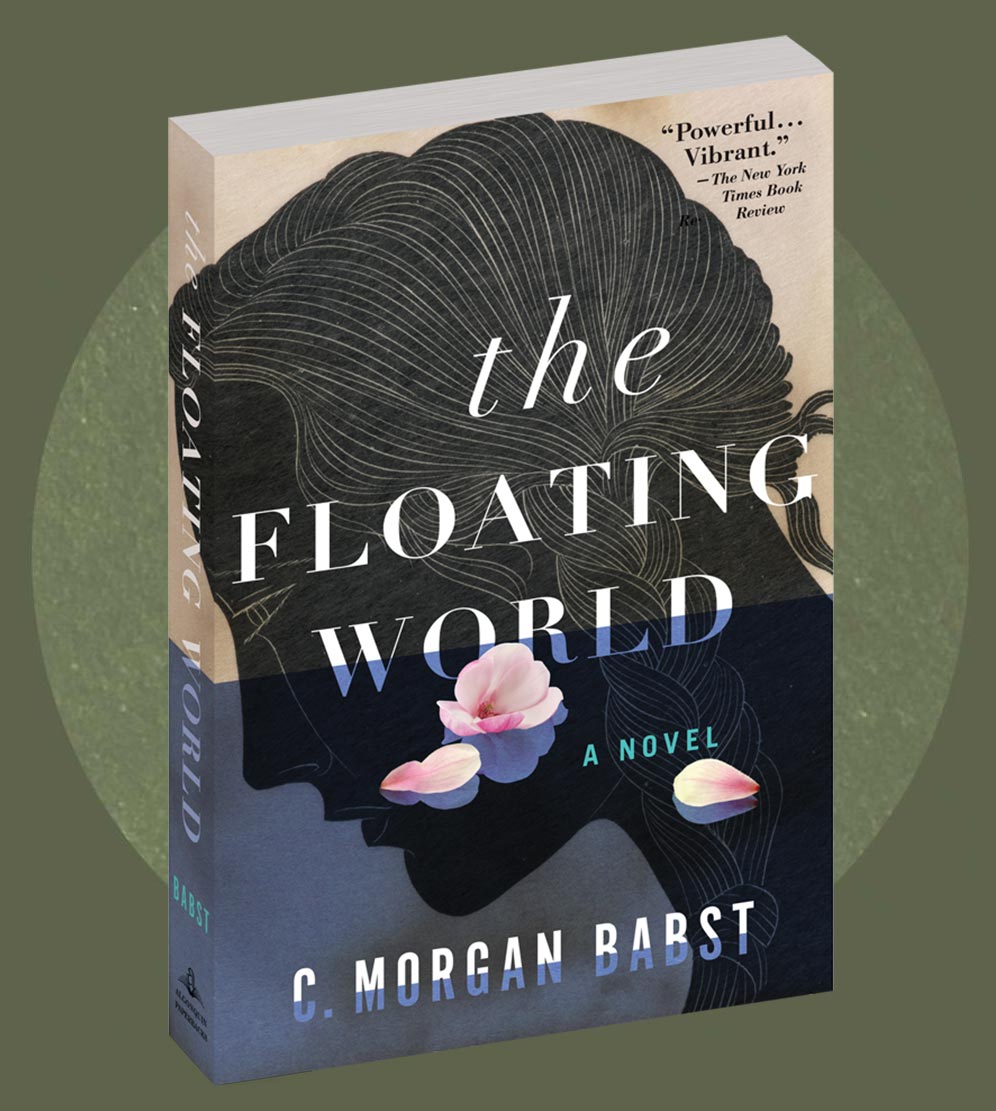
the
Floating World
In this dazzling debut about family, home, and grief, C. Morgan Babst takes readers into the heart of Hurricane Katrina and the life of a great city.
As the storm is fast approaching the Louisiana coast, Cora Boisdoré refuses to leave the city. Her parents, Joe Boisdoré, an artist descended from freed slaves who became the city’s preeminent furniture makers, and his white “Uptown” wife, Dr. Tess Eshleman, are forced to evacuate without her, setting off a chain of events that leaves their marriage in shambles and Cora catatonic—the victim or perpetrator of some violence mysterious even to herself.

